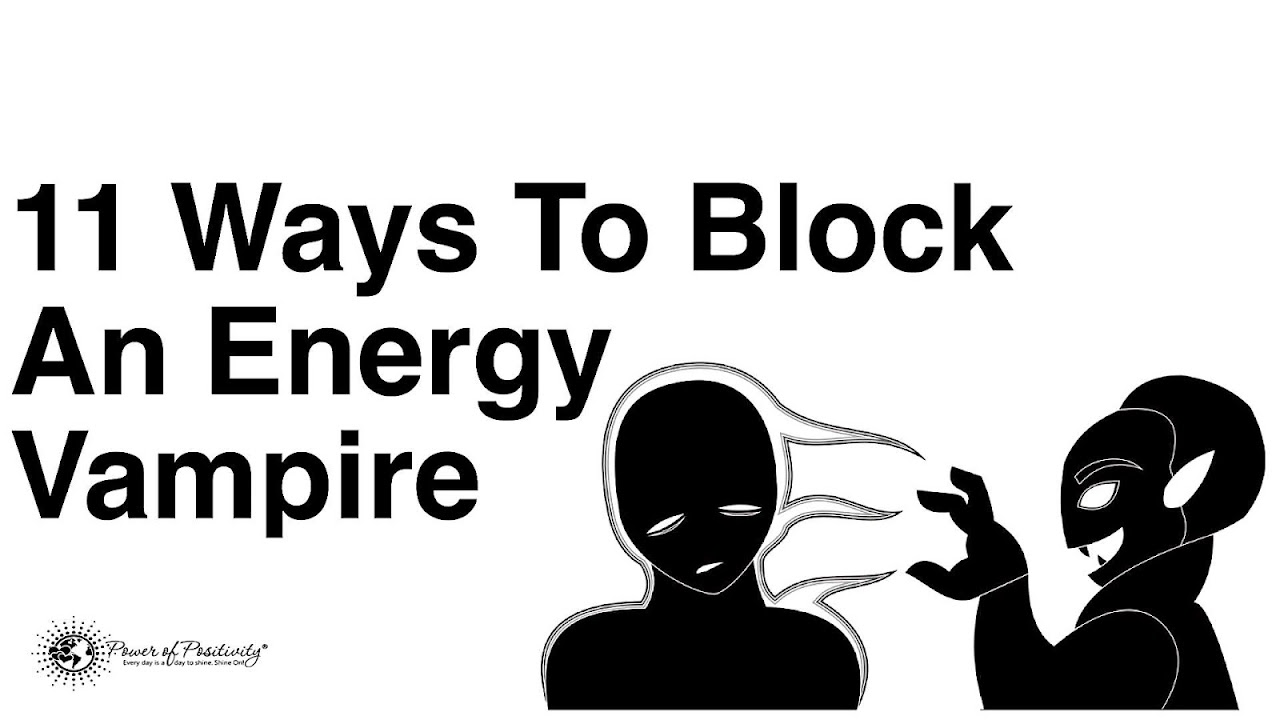
A psychic vampire is a mythological creature said to feed off the "life force" of other living creatures. Psychic vampires are represented in the occult beliefs of various cultures and in fiction.

Maps, Directions, and Place Reviews
Psychic energy
Terms used to describe the substance or essence that psychic vampires take or receive from others include: energy, qi (or ch'i), life force, prana, and vitality. There is no scientific or medical evidence supporting the existence of the bodily or psychic energy they allegedly drain.
Energy Vampire Video
Emotional vampires
American author Albert Bernstein uses the phrase "emotional vampire" for people with various personality disorders who are often considered to drain emotional energy from others.

Energy vampires
The term "energy vampire" is also used metaphorically to refer to people whose influence leaves a person feeling exhausted, unfocused, and depressed, without ascribing the phenomenon to psychic interference.
Dion Fortune wrote of psychic parasitism in relation to vampirism as early as 1930 in her book, Psychic Self-Defense. Fortune considered psychic vampirism a combination of psychic and psychological pathology, and distinguished between what she considered to be true psychic vampirism and mental conditions that produce similar symptoms. For the latter, she named folie à deux and similar phenomena.
The term "psychic vampire" was popularized in the 1960s by Anton LaVey and his Church of Satan. LaVey wrote on the topic in his book, The Satanic Bible, and claimed to have coined the term. LaVey used psychic vampire to mean a spiritually or emotionally weak person who drains vital energy from other people, or a paranormal entity within such a person, allowing the psychic draining of energy from other people. Adam Parfrey likewise attributed the term to LaVey in an introduction to The Devil's Notebook. The terms "energy vampire" and "psychic vampire" have been used as synonyms in Russia since the fall of the Soviet Union as part of an occult revival.
Vampire subculture
Sociologists such as Mark Benecke and A. Asbjorn Jon. have identified a subculture of people who present themselves as vampires. Jon has noted that enthusiasts of the vampire subculture emulate traditional psychic vampires in that they describe 'prey[ing] upon life-force or 'pranic' energy'.
Sexual vampires
A related mythological creature is a sexual vampire, which is supposed to feed off sexual energy. Sexual vampires include succubi or incubi.

In Popular Culture
Psychic vampires are featured in the 1985 science fiction film Lifeforce.
Source of the article : Wikipedia


EmoticonEmoticon